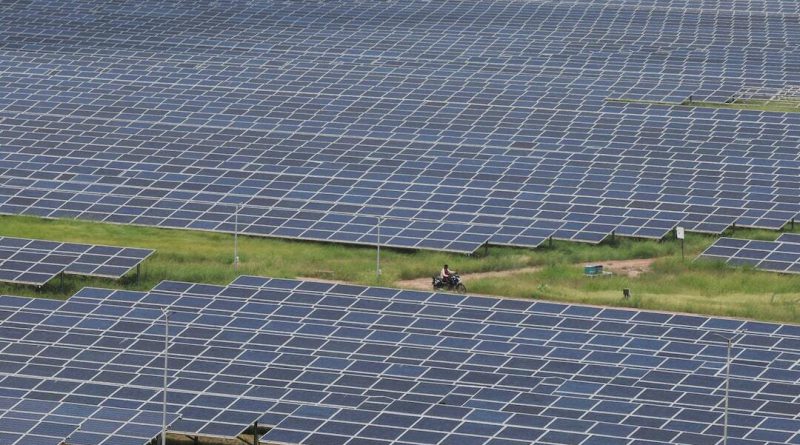Indian Power Regulator Moves to Support Solar Developers Amid Transmission Expansion
New Delhi – India’s renewable energy sector gains momentum as the Central Electricity Regulatory Commission reviews petitions from solar developers, highlighting the nation’s commitment to efficient clean energy rollout.
India’s renewable energy ambitions received a constructive boost on Monday as the Central Electricity Regulatory Commission (CERC) accepted petitions from solar developers seeking guidance and potential support due to transmission infrastructure delays.
This proactive step underscores India’s dedication to fostering a resilient and efficient clean energy ecosystem.
The petitions, filed by ACME Solar Holdings and AMPIN Energy, highlight challenges faced by developers in transmitting power from solar projects to the grid during periods of rapid renewable energy expansion.
By taking these petitions under consideration, CERC is signaling a collaborative approach to resolving bottlenecks and supporting the nation’s green energy targets.
In its filings, CERC requested detailed responses from the Power Grid Corporation of India and the Central Transmission Utility regarding transmission commissioning timelines, project status, and the reasons for delays.
Both institutions have six weeks to submit their input, providing an organized framework for transparency and accountability. The case hearings are scheduled for November 27.
Strengthening India’s Renewable Energy Infrastructure
The review demonstrates the regulator’s commitment to strengthening India’s solar infrastructure while ensuring that developers are equipped to maximize their output.
ACME Solar, based in Gurugram, is seeking compensation of over 210 million rupees, reflecting a proactive approach to protecting investor confidence and encouraging continued private sector participation in renewable energy.
AMPIN Energy has also sought guidance through its petition, emphasizing the importance of coordinated grid development to unlock the full potential of solar power across the nation.
Analysts note that these discussions pave the way for innovative solutions that enhance the efficiency and reliability of India’s electricity transmission network.
Balancing Clean Energy Supply and Grid Stability
India has experienced periods where solar output had to be curtailed during low-demand intervals to maintain grid stability. For example, Rajasthan, the country’s leading state in green energy production, has curtailed nearly 4 gigawatts of clean energy, with estimated financial impacts of around 2.5 billion rupees ($28.16 million).
By addressing these challenges collaboratively, regulators and developers can ensure optimal utilization of renewable resources and continued growth of the sector.
A Positive Outlook for Renewable Energy Development
This regulatory engagement is expected to set a constructive precedent for future clean energy projects, reinforcing India’s leadership in the global renewable energy transition.
By creating a structured process for compensation and problem-solving, CERC demonstrates its commitment to both sustainable growth and investor confidence.
Experts highlight that India’s proactive approach to solving transmission challenges will accelerate the adoption of solar power, increase grid efficiency, and provide a model for other countries expanding their renewable energy portfolios.
As the nation continues to scale up solar and other green energy projects, collaboration between regulators, developers, and transmission operators is expected to unlock significant economic and environmental benefits.
India’s renewable energy sector stands at a promising juncture, with regulators actively facilitating solutions that enhance efficiency, investor confidence, and sustainable growth.
The CERC’s review of petitions from ACME Solar and AMPIN Energy reflects a forward-looking strategy that balances rapid clean energy expansion with reliable infrastructure development.
With clear communication channels and collaborative problem-solving in place, India is poised to strengthen its position as a global leader in solar energy, delivering both economic returns and environmental benefits while ensuring a resilient and efficient power grid.



